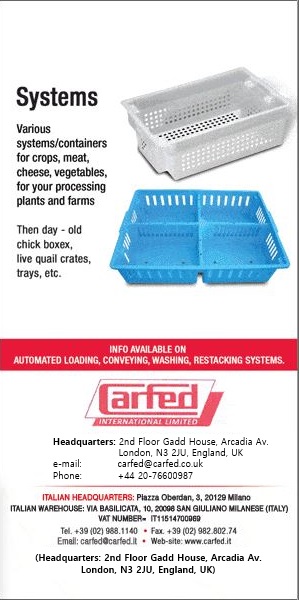As part of the International online conference being held by the ECOWAS Commission, humanitarian agencies have pledged to support and work in respect of the West African food security storage system
Humanitarian agencies acknowledged the potential of this storage system towards contributing to goal 2 ‘Zero Hunger’ of the Sustainable Development Goals (SDGs), and building resilience to food insecurity in West Africa and the Sahel.
Humanitarian organisations such as WFP, UNICEF, OXFAM, the International Federation of Red Cross and Red Crescent Societies, re-stated their commitment to align themselves with the West African Food Security Storage Strategy, giving priority to strengthening local, national, and regional food stocks management institutions capacities, knowledge sharing, cooperation, and coordination interventions for better synergy of actions.
Following the humanitarian organisations goodwill declaration, participants to the conference exchanged views, in a panel facilitated by, Alain Sy Traoré, Ecowas director for Agriculture and Rural Development, on ‘how to better integrate the support of the International Humanitarian Community into the regional response mechanism to food, nutrition and pastoral crises, in order to strengthen its readiness to adequately deal with risks’.
The general objective of the international conference is to lay the foundations for a renewed multilateral partnership towards strengthening warning, prevention, intervention, and humanitarian assistance mechanisms for the most vulnerable populations to food crises.
The conference falls within the process of assessing the key achievements of the five-year implementation of the West African Food Security Storage Strategy, with the political support of the G20, financial assistance from the European Union, and technical support from the French Development Agency (AFD) and the Spanish International Cooperation Agency for Development (AECID), in collaboration with the UEMOA Commission and CILSS.









